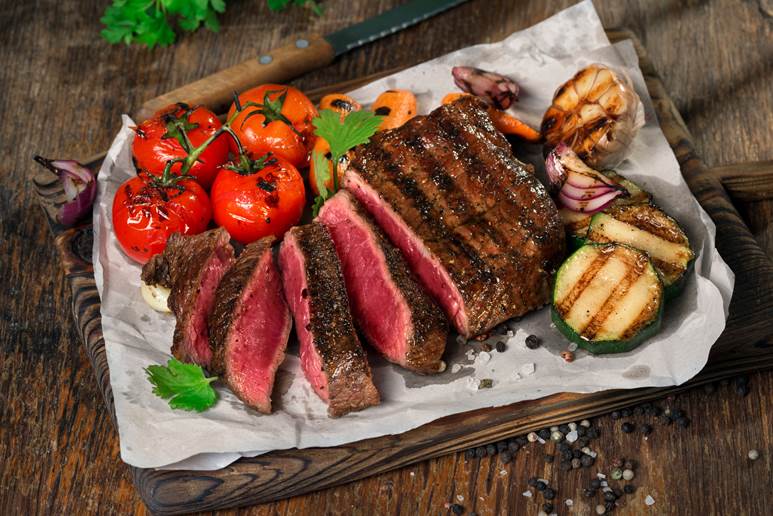
Three food ingredients are in short supply in the natural world: Salt, sugar and fat. Our brain and body requires all three, and if the formula is not correct there will be major health struggles and issues.
The US is in a major crisis presently concerning health. “Cheap food” has been the answer of government and many farm organizations to the economy for at least 100 years. Health care costs are up dramatically over the last 40 years, while annual food expenditure has dropped from 14% down to less than 10% during the same time frame.
Our brain and nervous systems and joints and muscles require salt, sugar and fat. Not all salt is created exactly equal. Raw salt with iodine and multiple other trace minerals is better than cleaned-up white salt. Ditto a similar parallel for sugar and certainly fat.
Add to the fact sheet that all three are capable of being an addiction. Sugar is likely the most addictive substance on the planet. Sugars (carbohydrates) are broken down and insulin kicks in and yields glucose 6-phosphate. Our brains require small amounts of glucose 6-phosphate constantly to function properly.
Fat and the proper types of fat are an equal necessity. Fat slows the absorption of sugar. Fat needs to be near raw and naturally occurring. The entirety of our brain requires high-quality fatty acids much of which need to be anti inflammatory in which to bath itself. Leaf-derived fat is anti-inflammatory. Herbivores (cattle and sheep) eating high leaf-derived diets contain high levels of anti-inflammatory fat. Cultures eating such a diet do not have American diseases, sometimes called the diseases of civilization.
Folks, what we have discovered is very important. Grassfed cattle are the answer to a bunch of puzzles. Hope you understand and learn this gospel. We need to talk about it on a regular basis.
About the Author(s)
You May Also Like






